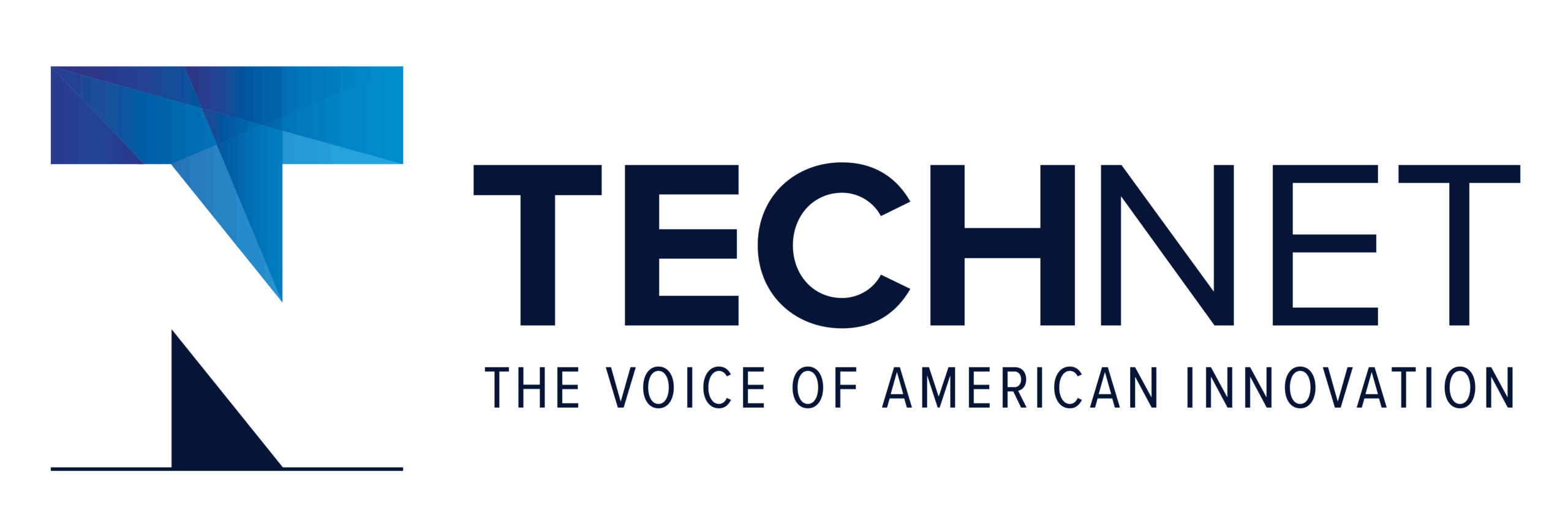October is Cybersecurity Awareness Month, and Tech is expanding cybersecurity education, developing cutting-edge fraud detection software, and building digital safety tools. Learn how tech is strengthening cybersecurity protections in this week’s Tech at Work.
How Tech is Strengthening Cybersecurity
Anthropic improved Claude’s ability to help defenders detect, analyze, and remediate vulnerabilities in code.
Aurora explained how its Zero Trust Architecture requires continuous authentication of every user and component as a comprehensive cybersecurity approach.
Block posted a cybersecurity guide for job seekers on how to protect themselves from recruitment scam artists.
Box explained how bad actors use prompt injection and data poisoning as methods of attack and what organizations can do about it.
Clear deployed Clear1 in Tampa General Hospital to improve cybersecurity and identity verification without disrupting efficiency.
The College Board previewed its new course, AP Cybersecurity, at the 2025 AP Annual Conference for teachers and students.
Comcast discovered that ResProxies are a go-to architecture for cybercriminals during a year-long investigation by its Threat Research Labs.
Dell was named one of America’s Best Cybersecurity Companies for 2025 by Newsweek.
Google introduced CodeMender, a new AI-powered agent that improves code security automatically.
HP released a new report on PDF reader scams, showing how attackers are perfecting visual deception to exploit user trust.
ID.me announced a partnership with Flexpa to make it safer for patients to access and share their medical records while avoiding AI-driven fraud.
LexisNexis reported how corporate data security teams are navigating a challenging combination of AI-powered cyberattacks and data privacy laws.
Mastercard released the first episode of its multi-part documentary “Anatomy of a Scam,” which focuses on the latest text and voice scams threatening consumers.
Meta shared product tools to help people keep their accounts secure and tips on how older adults can stay safe from common online scams.
NetApp updated its Ransomware Resilience, adding two powerful capabilities — data breach detection and isolated recovery environment — to complement its leading AI-powered ransomware detection.
NVIDIA identified several common vulnerabilities and security weaknesses that developers should address when building LLM-based applications.
OpenAI reported on how the company is disrupting malicious use of AI, including Russian-speaking malware, Korean-language operators, phishing, scripts, and hidden scam operations.
PayPal informed consumers about how to spot the signs of phishing fraud.
Persona earned FedRAMP Authorized status, allowing federal agencies to utilize the company’s identity verification and fraud prevention software.
Proof launched Certify, a new cryptographically secure digital identity that takes authentication beyond e-signatures while fighting AI-generated fraud.
Salesforce introduced Data Cloud Clean Rooms, which lets companies securely share and analyze data without duplicating sensitive information.
Samsung won first place in the world’s largest AI security technology competition, which was sponsored by the U.S. Department of Defense.
SAP published an article discussing how its Sovereign Cloud model is helping secure Canada’s digital future in the public sector and regulated industries.
Scale AI outlined how its AI Risk Matrix works to make AI safety assessment more practical and actionable.
Snap introduced The Keys, an interactive program and digital safety guide for teens developed in collaboration with leading safety experts.
Socure announced the launch of Hosted Flows, which delivers branded, seamless verification backed by Socure’s best-in-class fraud, risk and identity platform.
Verizon introduced its new Digital Secure Home service, which protects devices connected to a home network from online threats and vulnerabilities.
Visa unveiled Trusted Agent Protocol, a framework that enables secure communication between approved AI agents and merchants during every step of a transaction.
Zillow posted an article giving tips on how to avoid common rental scams and fraud on the internet.
New in Tech
Introducing Social Features for Airbnb Experiences
Airbnb announced new social features for Airbnb Experiences in time for the winter holidays. Now, users can know who’s going and where they’re from before booking an experience, request direct messaging with guests they’ve met during past experiences, and use the Connections section in their Airbnb profile to reconnect at any time.
Tech Spotlight
Ro announced its partnership with leading obesity researchers to launch a new scale to measure ‘food noise’ — the phenomenon of persistent, unwanted thoughts about food. The “Ro Allison Indiana Dhurandhar Food Noise” (RAID-FN) Inventory is a brief questionnaire and result of a years-long collaboration between Ro and a multidisciplinary group of experts spanning nutrition to psychology and obesity medicine to psychometrics. Using the RAID-FN scale, scientists hope to unlock meaningful advancements in the scientific understanding of food noise and the discovery of effective interventions.



